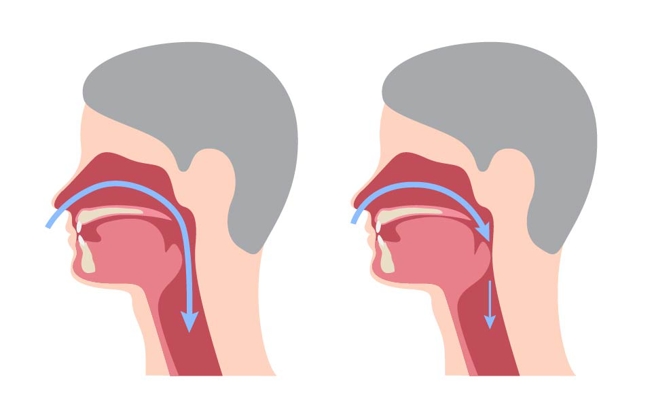Reading Your Blood Pressure
- Category: Cardiovascular, Heart Health
- Posted On:

Understanding Your Blood Pressure Reading
Maintaining a healthy blood pressure is essential when it comes to supporting your cardiovascular health. While many of us know that a 120/80 blood pressure reading is considered normal, you may find yourself wondering what these numbers mean.
The health experts at Parrish Healthcare are here to outline what your blood pressure means and how to understand your reading levels.
What is Your Blood Pressure?
Your blood pressure refers to the pressure of your circulating blood against the walls of your blood vessels—this pressure is responsible for pushing your blood throughout your body. Having a healthy blood pressure is important as it helps your blood to supply oxygen, nutrients, and hormones where they’re needed.
What Your Levels Mean
When you go to get your blood pressure read, it is essential that you understand what the numbers actually mean. Your blood pressure reading measures both your systolic and diastolic blood pressure levels and displays them in a way that resembles a fraction.
- Systolic blood pressure (the top number): The pressure that your blood is exerting against the walls of your arteries when your heart beats.
- Diastolic blood pressure (he bottom number): How much pressure is being exerted against your artery walls when the heart is resting.
Blood Pressure Categories
- Normal: A blood pressure reading of 120/80or below.
- Elevated: A systolic blood pressure reading ranging from 120-129 and a diastolic reading below 80.
- Hypertension Stage 1: A systolic blood pressure reading ranging from 130-139 and a diastolic reading ranging from 80-89.
- Hypertension Stage 2: A blood pressure reading of 140/90 or higher.
- Hypertensive Crisis: Your reading suddenly exceeds 180/120.
If you receive a blood pressure reading in the hypertensive crisis category, you should wait a few minutes and read your blood pressure again. If it remains over 180/120 and you are also experiencing the following symptoms, you should call 911 immediately:
- Back pain
- Changes in your vision
- Chest pain
- Shortness of breath
- Trouble speaking
- Weakness or numbness
Cardiovascular Care in Titusville
When it comes to supporting your cardiovascular health, your Parrish Healthcare Cardiovascular team are experts in the art of healing your heart, lungs, and veins.
If you have heart-related health concerns, take our HeartAware Health Risk Assessment or call 321-268-6111 to schedule an appointment with one of our cardiologists.



